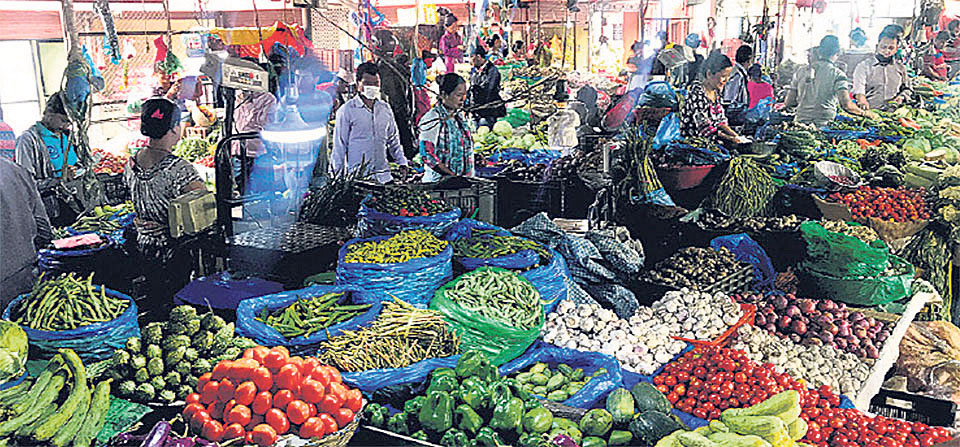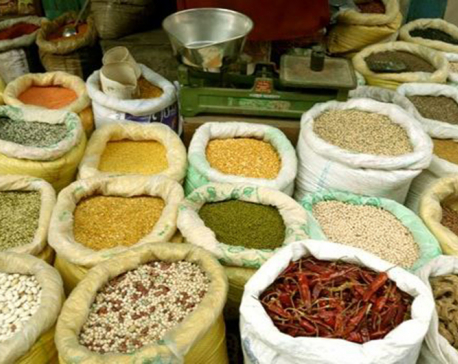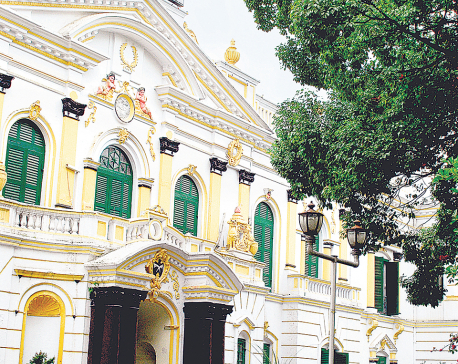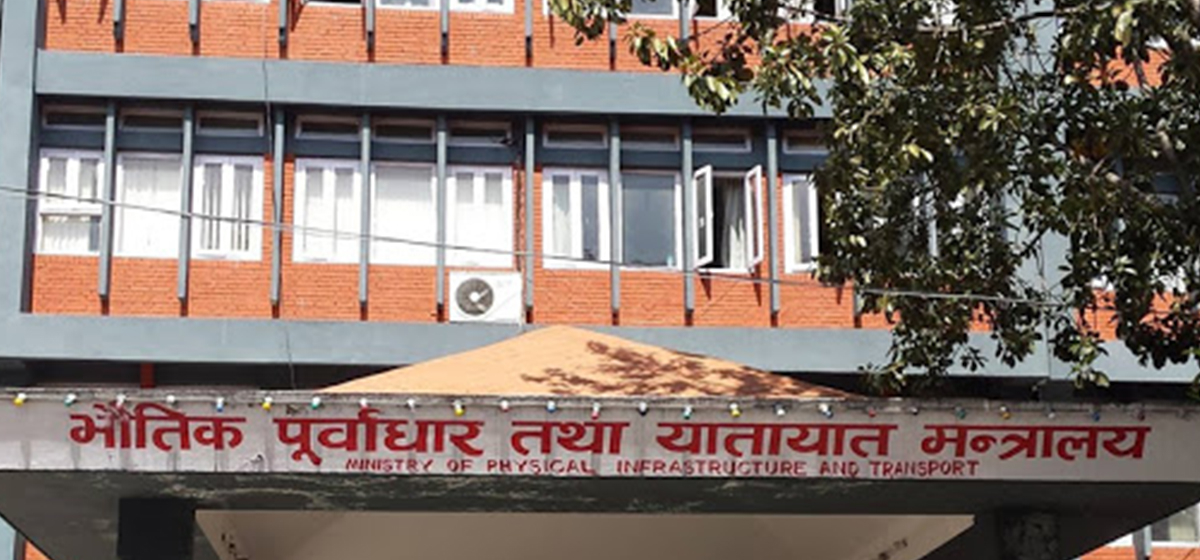
OR
Ordinary people are hit hard as food prices see a massive surge
Published On: January 26, 2021 07:30 AM NPT By: RAJESH KHANAL

NRB reports price inflation of a meager 2.93 percent, but in reality the prices of major food items increased by 13 percent in a year
KATHMANDU, Jan 26: Nepal Rastra Bank (NRB) in its Current Macroeconomic report of the first five months of the current fiscal year has stated that the consumer price inflation remained 2.93 percent during the period. But the rosy picture of the country’s economic health portrayed by the central bank appears misleading as the prices of major foods have shot up significantly during the study period.
If the NRB data is anything to consider, the prices of major food items including vegetables, fruits, pulses and legumes and ghee and oil escalated by an average of 13 percent during the same period this year as compared to the same period last year. It means that the purchasing power of Nepali has fallen by equivalent amount in the past one year alone, which reflects that the NRB’s information is a misleading one.
The statistics show that fruits were expensive by 14.75 percent and ghee and oil were expensive by 13.01 percent. Similarly, the prices of vegetables soared by 11.44 percent and those of pulses and legumes increased by 10.74 percent. Cereals also became expensive by 1.67 percent and sugar by 4.57 percent.
Raj Kumar Shrestha, president of Nepal Retailers Association, said the prices of edible oil increased by up to Rs 100 per liter in the past one year alone. According to him, the price of rice also increased by Rs 50 to Rs 100 in a 20 kg sack.
An annual report of the Central Bureau of Statistics shows that the private sector spent Rs 1.65 trillion on foods measured at current market price in 2019/20. It accounts 64 percent of the total private expenditure of Rs 2.59 trillion. The private expenses on foods in 2018/19 was Rs 1.48 trillion, which shows that the people’s spending on foods has been surging by a notable amount every year.
General people almost every now and then have been suffering from weak market monitoring and the government authority stepping back to take actions against big traders. Although traders often blame the rise in the import prices of raw materials and increased transport costs for the sharp hike in the prices of these products, rampant black marketing by the traders also cannot be disregarded, according to the consumer rights activists.
Madhav Timilsina, president of the Consumer Rights Investigation Forum, said the government statistics cannot gauge the people’s worsening living conditions caused due to actual price hike. “Consumers will be compelled to face constant sufferings unless the government authorities dare to take stern actions against the big importers and wholesalers for their misconducts,” Timilsina said.
You May Like This

Consumer price increased marginally to 7.88 percent as of mid-February this FY
KATHMANDU, March 12: Consumer price index increased marginally in the past one month during mid-January and mid-February, mainly due to the... Read More...

Inflation last year eased to 3.6 percent despite notable rise in prices of edible oil and pulses
KATHMANDU, August 26: Consumer inflation in the last fiscal year stood at 3.6 percent, which is probably the lowest annual average... Read More...

Inflation higher in hilly region, says NRB report
KATHMANDU, Oct 30: The y-o-y consumer price inflation has increased to 3.9 percent in mid-September this year from 3.4 percent... Read More...










Just In
- MoPIT prepares draft of National Road Safety Act, proposes rescue within an hour of an accident
- Light rainfall likely in hilly areas of Koshi, Bagmati, Gandaki and Karnali provinces
- Customs revenue collection surpasses target at Tatopani border, Falls behind at Rasuwagadhi border in Q3
- Rain shocks: On the monsoon in 2024
- Govt receives 1,658 proposals for startup loans; Minimum of 50 points required for eligibility
- Unified Socialist leader Sodari appointed Sudurpaschim CM
- One Nepali dies in UAE flood
- Madhesh Province CM Yadav expands cabinet









Leave A Comment